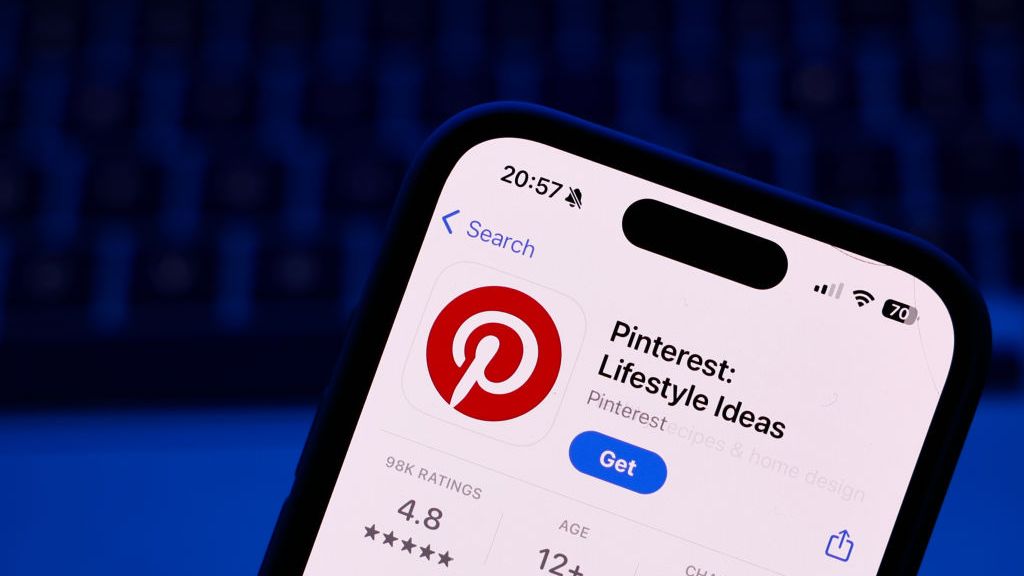Pinterest Shares Drop 10% Despite Strong Revenue Growth After Q2 Earnings Report
Pinterest Shares Drop 10% Despite Strong Revenue Growth After Q2 Earnings Report
By
David Goldfarb
Last updated:
August 8, 2025
First Published:
August 8, 2025

Photo: Kiplinger
Mixed Q2 Results Spark Investor Sell-Off
Pinterest reported its second-quarter earnings on Thursday, delivering a solid 17% increase in revenue to $998 million, surpassing analyst expectations of $975 million. However, the company missed on adjusted earnings per share, reporting 33 cents versus the anticipated 35 cents, which triggered a more than 10% decline in its stock price.
User Growth and Revenue Beat Expectations
The social media platform saw its global monthly active users climb to 578 million in Q2, edging past estimates of 574.5 million and up from 570 million in the prior quarter. Pinterest CEO Bill Ready highlighted this growth as a key achievement, emphasizing that Gen Z users now represent over half of the platform’s audience, signaling strong engagement among younger demographics.
Profitability and EBITDA Highlights
Pinterest posted a net income of $38.76 million, a significant improvement from $8.9 million a year earlier. The company’s adjusted EBITDA was $251 million, outperforming the StreetAccount consensus estimate of $233 million, showcasing improved operational efficiency despite the earnings per share miss.
Outlook and Advertising Headwinds
Looking ahead, Pinterest forecasted Q3 revenue between $1.033 billion and $1.053 billion, topping analyst projections of $1.025 billion. CFO Julia Donnelly noted lingering concerns from advertisers, particularly related to global trade tensions and tariffs. She pointed out that some Asia-based e-commerce retailers have reduced U.S. ad spending following the closure of a key trade exemption, affecting overall ad revenue growth.
Industry Context: Competitor Performance and Market Trends
Pinterest’s earnings come amid a mixed quarter for social media and digital advertising firms. Snap’s shares fell over 15% after reporting slower revenue growth of just 9% year-over-year, impacted by platform issues. In contrast, Reddit’s revenue surged 78% to $500 million, and Amazon’s online advertising business jumped 23% to nearly $15.7 billion.
Meanwhile, giants like Alphabet and Meta posted strong earnings, with Meta’s Q2 revenue hitting $47.52 billion, a 22% increase from the prior year, underscoring a competitive and evolving digital ad landscape.
What Pinterest Needs to Watch
Pinterest’s ability to convert its growing user base into stronger ad revenues remains critical. Navigating advertiser uncertainty amid macroeconomic pressures and trade policy changes will be essential to sustaining momentum and regaining investor confidence.
Popular articles
Subscribe to unlock premium content
Global Cultures and the Hidden Drivers of Productivity and Happiness

The Future of Personalized Medicine

Digital Nomads and the New Global Economy

Global Cultures and the Hidden Drivers of Productivity and Happiness

The Future of Personalized Medicine

Global Cultures and the Hidden Drivers of Productivity and Happiness









